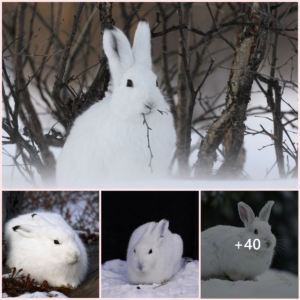Chinchillas are extremely adorable rodents. People often raise them for the main purpose of being pets and taking care of pets to relieve stress. So how much do chipmunks cost and how to take care of them? We invite you to join animalworld to find out.
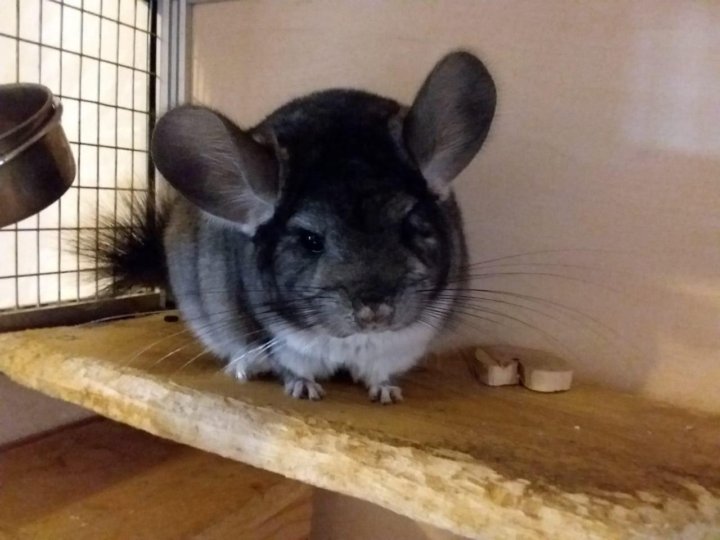
Introducing Chinchilla
Chinchilla chipmunks have the scientific name abrrocoma cinereal and live mainly in South America. In particular, this animal does not live in low terrain but mainly lives in high places. This species of chipmunk has only appeared in Vietnam in recent years, but the Chinchilla farming movement is gradually growing.
Chinchilla rats have a small body, they are only about 15 to about 22cm long, the tail is from 6 to 18cm long, their weight is very light, only about 30grams. Their bodies are small but their lifespan is very high, they can live from 18 to more than 20 years.
They have 4 short and small legs but their ears, eyes, mouth and head are big, their front legs have 4 toes but their back legs have 5 toes to help them stay more stable and jump farther. The claws of the mouse’s feet are quite weak.
Chinchillas are pets with a very independent personality. They do not cling to people like some other pets, nor do they like to play with people, but their main pleasure is eating delicious food and gnawing on things. small piece of wood.
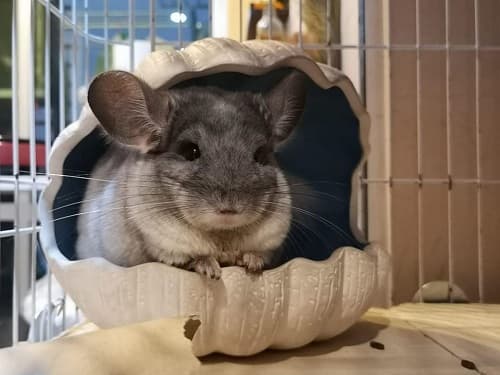
Genetic factors are the most important, their price depends on genetics, if the genes are good and not mixed, their price is very high. When buying and selling chipmunks, people often require complete paperwork to prove the origin of the chipmunk. Buying them is quite difficult, we need to make a deposit in advance to get the goods.
How to care for a chinchilla from AZ
Life habits of chinchillas
Chinchillas are very shy, but they can quickly get used to their owners and usually within 1-2 days they can start to get to know, be close and coo with their owners, they can run around the house. .
During the day, chinchillas can play in the house and do not need anyone to take care of them, but we also need to pay attention to them, especially electrical appliances in the house because they are quite naughty and like to gnaw, so be careful. case of chipmunks chewing on electrical wires.
Chipmunk cages must be placed high up, such as on a cabinet or table because their instincts do not like to live in damp places. Their living environment needs to be cool and avoid direct sunlight and avoid drafts. 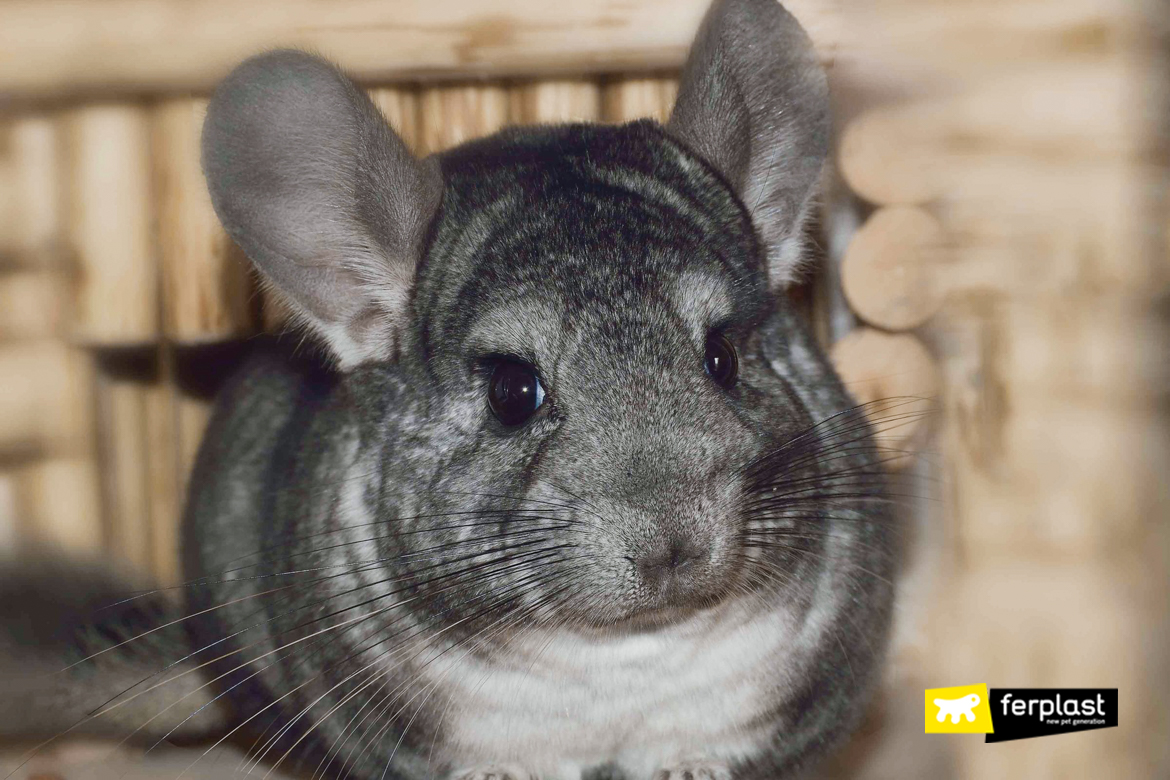
Experience in choosing chinchilla breeds
To find and raise chinchillas, we need to gain some experience in choosing the best breed of rats to raise, because the price is expensive, so when buying we need to choose carefully. Here are some criteria for choosing a chinchilla:
- Choose animals that are round, have soft and smooth fur, their hair is not muscled and have a long, smooth, natural tail.
- The face is round and plump, the distance between the eyes must be wide, the eyes are large, and the whiskers are long and curved.
- The squirrel’s body is not scratched
- Squirrels need to be agile but calm, not bite indiscriminately or have a panicky spirit
- You should choose chipmunks that are strong and flexible
- Teeth are even and not crooked, no cracked teeth
- Choosing food for chinchillas
We can choose natural food or packaged food for chipmunks. Their main food can be plants, roots, bark or fruits. If you raise them by keeping them in cages, you can buy grass specifically for rodents sold at pet food stores.
When choosing food for chinchillas, you should choose a variety of foods, don’t feed them the same type forever as it will cause boredom. In addition, in order for them to grow and develop well, they should be supplemented with synthetic foods rich in vitamins, calcium, and minerals to help them develop in the best way.
When giving chipmunks water, you should give them cooled boiled water to ensure the squirrel’s health and safety. It’s best to change their drinking water every day so they don’t get gastrointestinal diseases.
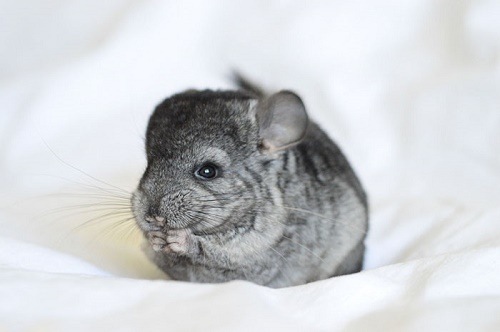
Choose a suitable cage
Choosing a chipmunk cage is quite simple, you just need a cage of sufficient size and can be made of cardboard. However, it is best to buy a cage specifically for chipmunks sold in pet stores.
The cage should be placed in a cool, dry place. Avoid placing it in a damp, drafty place or in direct sunlight as this will make the chipmunk sick.
Bathe your chinchilla with sand
Before bathing, we need to prepare bathing sand. This type of sand is sold at pet stores and should be used specifically for chinchillas so as not to clog the chipmunks’ pores. In addition, it is necessary to prepare an additional bathtub. hair comb.
When bathing chipmunks, do not bathe them with water because they do not have sweat glands under their skin. Unless their body is too dirty to use sand to bathe, then use water. need to bathe them quickly so as not to make them catch a cold.
It’s best to bathe them once every 2-3 days. Bathing too much will cause the mouse’s fur to become dry and fibrous, losing moisture. You should only bathe for 5 to 10 minutes each time. When bathing, you should bathe in the afternoon to avoid rats defecating in the sand bowl.
Common chinchilla diseases
Flatulence
Flatulence is common in small chinchillas when their digestive system is not yet complete and they eat too much or eat inappropriate foods. This symptom causes the chipmunk to become weak, shrink in its cage, and have a swollen stomach.
Hair loss disease
For chinchillas with hair loss, it can be divided into two stages: hair loss due to malnutrition and hair loss due to skin diseases. Hair loss caused by malnutrition can be overcome by increasing the proportion of protein in the diet and supplementing minerals and trace elements.
For jaundiced hair loss, you can use camphor essential oil to cover their entire fur 1 to 2 times a day, continuously for 3 to 4 days, the situation will improve significantly.
Diarrhea
Diarrhea can be caused by rats eating spoiled food. Therefore, it is necessary to take preventive measures and increase food control for chipmunks, providing clean food, rich in nutrients and vitamins, giving mice clean water to drink and keeping their bodies warm.
With information about how much a chinchilla costs, we hope to help you get a clearer view of this adorable animal. This is a very popular pet species today because it is small and extremely adorable.





